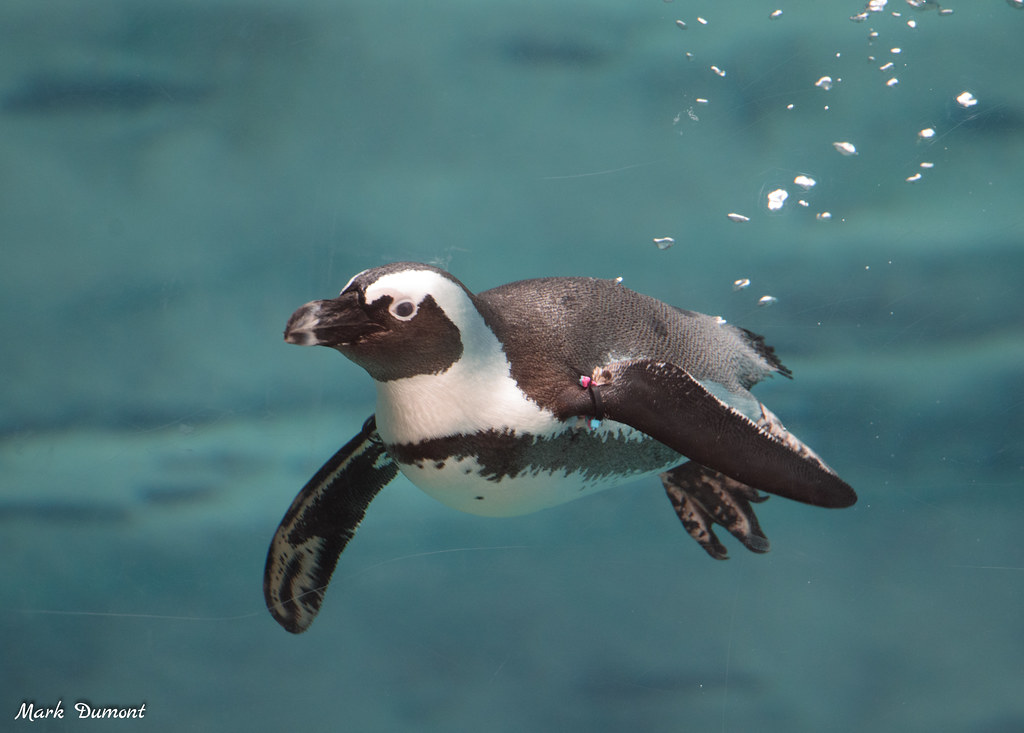Summary of Penguin Awareness Day: Shining a Light on the African Penguin’s Plight:
The African penguin, known for its unique braying call, is critically endangered, with its population significantly declining across southern Africa. According to the International Union for Conservation of Nature (IUCN) in July 2024, there are only around 1,200 pairs remaining in Namibia and 8,750 pairs in South Africa, indicating a 97% population decrease over the last century. Without intervention, African penguins could be extinct in the wild by 2035. Organizations like the Cincinnati Zoo and SANCCOB are actively working to save this species, maintaining optimism about reversing their endangered status.
- The critical conservation status of the African Penguin and the alarming decline in their populations
- The roles of organizations like the Cincinnati Zoo and SANCCOB in African Penguin conservation efforts
- The significance of Penguin Awareness Day in raising awareness and support for penguin conservation globally
- Factors contributing to the decline of the African Penguin populations and actions needed to help their recovery
The African Penguin, a species endemic to the coastlines of southern Africa, faces an alarming threat of extinction. With a distinctive braying call that echoes across their coastal habitats, these birds have captured the hearts of many. However, recent assessments by the International Union for Conservation of Nature (IUCN) have placed the African Penguin in a dire predicament, highlighting a critical need for conservation efforts.
The African Penguin’s sharp population decline is staggering, with a loss of 97% of their population over the last century. Current estimates suggest that only about 1,200 penguin pairs remain in Namibia and 8,750 pairs in South Africa. This precipitous drop in numbers signals a bleak future, with projections suggesting the potential extinction of African Penguins in the wild by 2035 if current trends continue.
Organizations like the Cincinnati Zoo and the Southern African Foundation for the Conservation of Coastal Birds (SANCCOB) are at the forefront of efforts to reverse the decline of the African Penguin. These efforts encompass breeding and rehabilitation projects, research on penguin diseases and diet, and habitat restoration. The challenge is monumental, but the dedication of conservationists offers a glimmer of hope for this species.
Penguin Awareness Day plays a pivotal role in shining a spotlight on the plight of penguins worldwide, including the African Penguin. This day serves not only to educate the public about penguins and their ecological importance but also to marshal global support for conservation efforts. Raising awareness can lead to increased funding and volunteer support for conservation projects and can pressure policymakers to implement protective legislation for penguin habitats.
A combination of factors has contributed to the decline of the African Penguin populations. One of the primary culprits is overfishing, which depletes the penguins’ primary food sources, leaving them struggling to find sufficient nutrition. Additionally, habitat destruction, oil spills, and climate change further exacerbate the survival challenges these birds face. Each of these factors disrupts the delicate balance of the ecosystems that African Penguins rely on for survival.
Effective actions to aid the African Penguin require a multifaceted approach. Protecting their natural habitats from further destruction and implementing marine protected areas to safeguard food sources are critical steps. Moreover, rehabilitation and captive breeding programs play a vital role in bolstering penguin populations. Public education and global awareness campaigns are also crucial in generating the support needed to drive meaningful conservation efforts.
The article aims to offer a comprehensive understanding of the challenges faced by the African Penguin and the efforts undertaken to protect them. Through a blend of scientific information and conservation insights, it is our goal to foster a deeper appreciation for these birds and the urgent measures needed to secure their future. Conservation is a collective endeavor that demands our attention and action. By supporting organizations involved in penguin conservation and advocating for policies that protect marine ecosystems, we can contribute to the reversal of the African Penguin’s decline.

